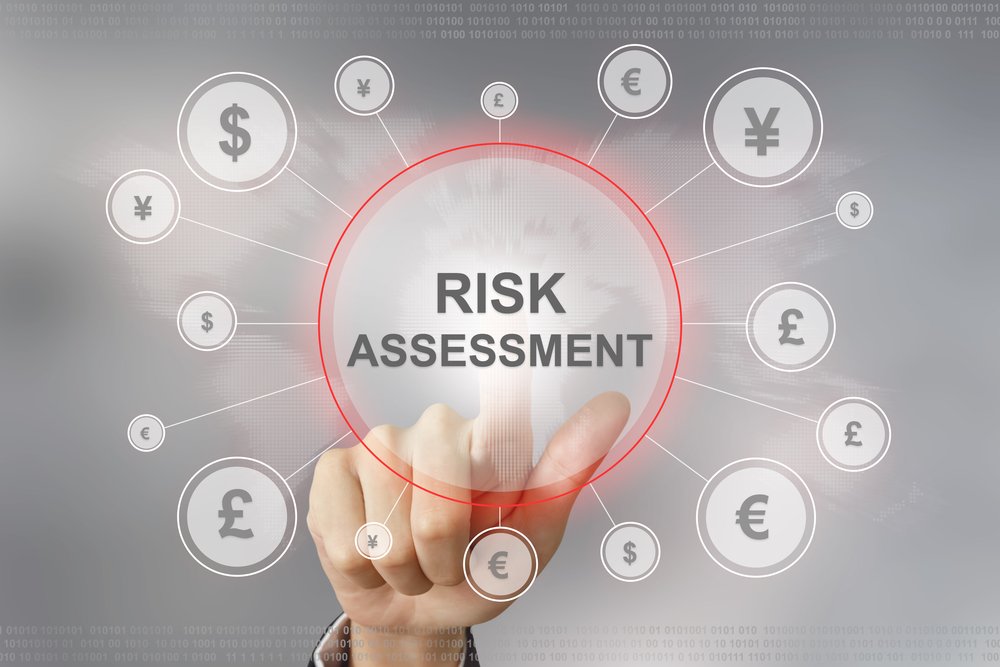A Thorough Guide to Understanding the Importance of Risk Management
A Thorough Guide to Understanding the Importance of Risk Management
Blog Article
The Importance of Understanding the Significance of Risk Management in Various Industries

The Core Principle of Risk Management and Its Objective
Risk Management, the keystone of numerous industries, depends upon the recognition, examination, and reduction of uncertainties in an organization environment. It is an important method that permits companies to guard their properties, reputation, and general survival. By properly recognizing potential threats, businesses can develop methods to either protect against these dangers from happening or reduce their influence. The evaluation process entails analyzing the probability and prospective extent of these threats. The mitigation procedure includes designing strategies to lower their possible effect as soon as risks have actually been identified and examined. This procedure is cyclical and recurring, making certain that organizations are planned for the ever-changing nature of Risk in various industries. The primary purpose, hence, is to foster strength in the middle of unpredictabilities.
Advantages of Implementing Risk Management in Business Workflow

Unveiling the Duty of Risk Management in Different Industries
While every industry confronts its special collection of risks, the execution of Risk Management approaches remains a common denominator in their search of sustainability and growth. In the medical care market, Risk Management requires guaranteeing person security and data defense, while in financing, it includes mitigating financial investment risks and ensuring regulative conformity. Ultimately, the duty of Risk Management throughout sectors is to determine, evaluate, and minimize threats.
Real-life Study Demonstrating Successful Risk Management
To recognize the relevance of Risk Management in these many fields, one can aim to numerous real-life circumstances that highlight the effective application of these procedures. In the energy field, British Oil established Risk reduction intends post the 2010 Gulf of Mexico oil spill. They executed far better safety procedures and more stringent laws which dramatically reduced more accidents. Similarly, in financing, Goldman Sachs efficiently navigated the 2008 financial situation by identifying possible mortgage-backed protections dangers early. Toyota, post the 2011 earthquake in Japan, read more revised its supply chain Management to reduce interruption risks. These cases show how sectors, picking up from dilemmas, efficiently applied Risk Management approaches to decrease future dangers.
Future Trends and Developments in Risk Management Methods
As the globe remains to evolve, so too do the patterns and growths in Risk Management approaches. Rapid advancements in innovation and information analytics are reshaping the Risk landscape. Large data and AI are now critical in predicting and minimizing dangers. Organizations are leveraging these tools to build anticipating designs and make data-driven choices. Cybersecurity, when an outer concern, has catapulted to the leading edge of Risk Management, with techniques focusing on action, avoidance, and discovery. The integration of ESG (Environmental, Social, Governance) elements into Risk Management is an additional growing trend, mirroring the boosting recognition of the function that ecological and social dangers play in company sustainability. Hence, the future of Risk Management hinges on the blend of innovative technology, ingenious strategies, and an all natural technique.
Conclusion
Finally, comprehending the relevance of Risk Management throughout a spectrum of markets is crucial for their durability and success. Customized methods can aid alleviate prospective threats, protect properties, and foster stakeholder count on. Furthermore, proactive decision-making aids in regulative conformity and enhances resource use. Ultimately, effective Risk Management adds to more lasting and durable companies, highlighting the importance of this practice in today's vibrant and very competitive business setting.
While every industry confronts its one-of-a-kind collection of risks, the application of Risk Management strategies stays a typical denominator in their search of sustainability and development. In the healthcare industry, Risk Management requires ensuring person security and information protection, while in financing, it includes mitigating financial investment risks and ensuring governing conformity. Eventually, the duty of Risk Management across sectors is to identify, assess, and minimize dangers. These situations demonstrate just how industries, discovering from situations, effectively used Risk Management methods to Read Full Report decrease future dangers.
Report this page